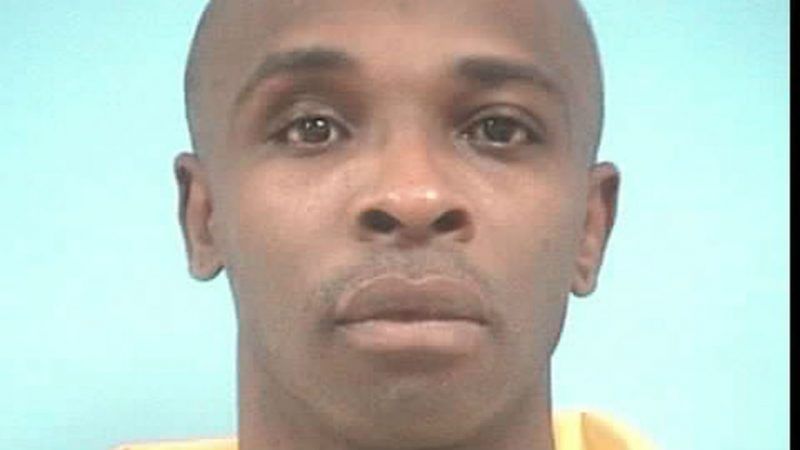Serving 12 Years for Possessing a Cellphone—Unless the Coronavirus Gets to Him First
Some places are releasing nonviolent offenders during the COVID-19 outbreak. Mississippi won't free a man who failed to hand in his phone.

Several jurisdictions are trying to minimize COVID-19's damage by releasing prisoners, usually low-level, nonviolent offenders. Offenders like Willie Nash, who was sentenced to 12 years for mistakenly having a cellphone in jail. But when faced with yet another opportunity to right the wrong done to Nash, the Mississippi Supreme Court ruled against a rehearing on Thursday.
As Reason reported in January, Nash had been booked for an unrelated offense. While there, he asked a jailer to charge his phone. It's pretty clear that he did not know that it was illegal to possess a cellphone in a corrections facility, let alone that it was a felony carrying a penalty of three to 15 years.
A jury found him guilty, and he was sentenced to 12 years in prison for possessing the phone.
Nash's story garnered national attention after Mississippi Supreme Court justices not only upheld the sentence, but acknowledged that booking procedure was likely not followed, that Nash appeared to be genuinely unaware of the offense, that the sentence was harsh, and that Nash was a family man and provider who managed to stay out of trouble for 10 years after a previous burglary conviction.
On Thursday, the Court denied Nash relief once again by denying and dismissing a motion for a rehearing. The decision letter does not provide an explanation beyond citing a slightly modified version of the first court decision.
Leonard Rubenstein, an epidemiologist at Johns Hopkins, has called corrections facilities were the "perfect environment for the spread of COVID-19." Inmates are unable to practice social distancing, they frequent common spaces, and they have limited access to soap, hand sanitizer, disinfectant, and personal protective equipment. Fears about mitigation are already a reality in some cities. In Mississippi, 39 inmates and four corrections staffers recently tested positive for coronavirus in Yazoo City.
With Mississippi prisons facing significant deterioration, unsanitary conditions, and overincarceration, the state should cut the prison population where it can. And who better to release than Nash?
Nash's situation is dire, but there is still room for hope. Will Bardwell of the Southern Poverty Law Center, which filed the motion for rehearing on Nash's behalf, says he plans to appeal to the U.S. Supreme Court.


Show Comments (34)